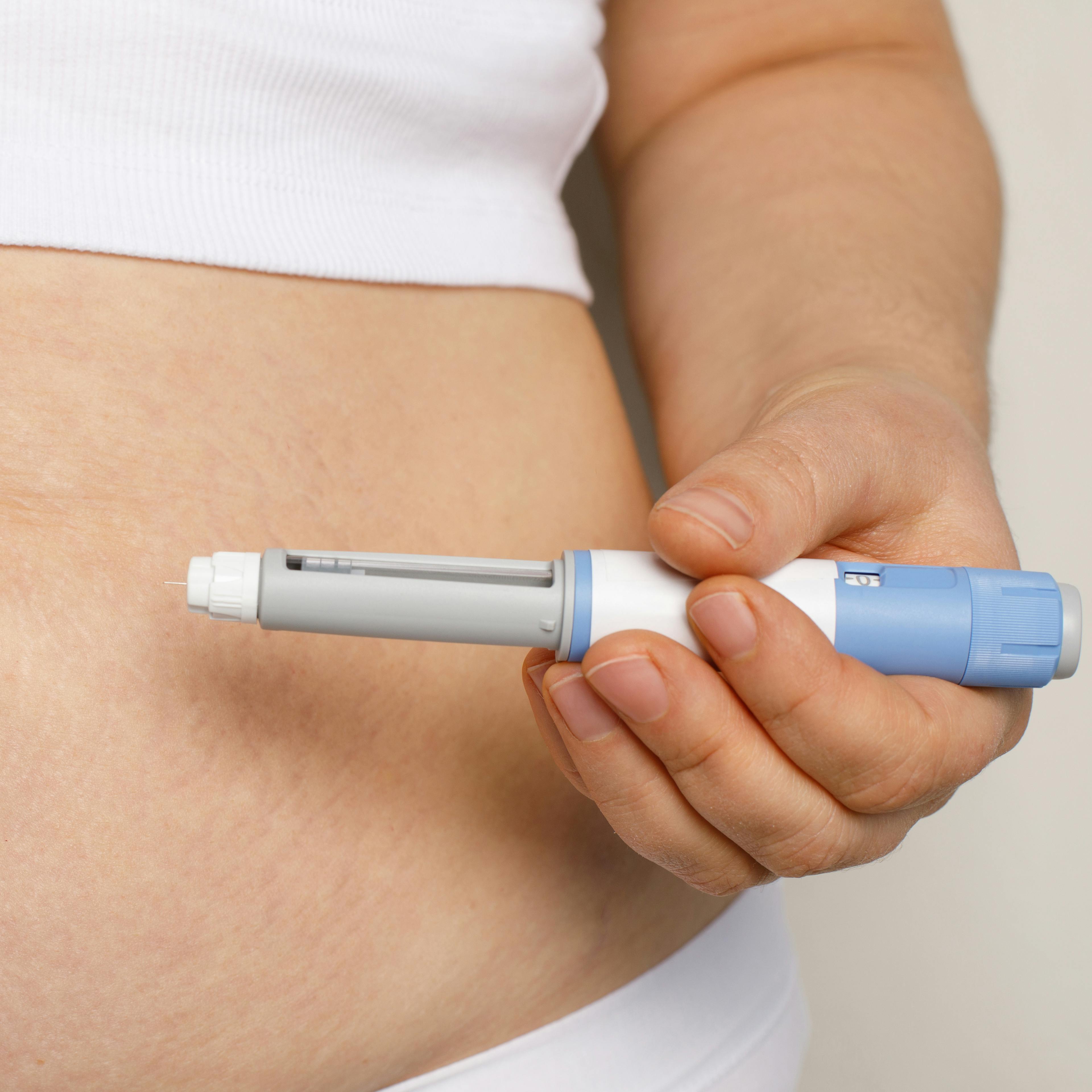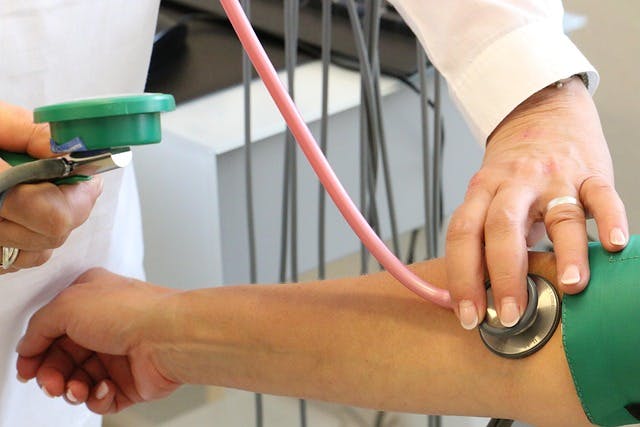Colorectal cancer refers to cancer in the colon and/or rectum, or both. Most colorectal cancers first develop as polyps, which are abnormal growths inside the colon or rectum. If not removed, these growths can later become cancerous.
Some risk factors like a person’s age or family history cannot be changed. However, there are several risk factors researchers have found that may increase your chance of developing colorectal cancer that can be managed.
- Physical inactivity – If you are not physically active, you have a greater chance of developing colon cancer. Regular moderate to vigorous physical activity can help lower your risk.
- Overweight and obesity – Men and women who are very overweight/obese run a higher risk of developing colorectal cancer. The risk for developing colorectal cancer runs higher in overweight men. Reducing and staying at a healthy weight may help lower your risk.
- Diet – A diet that is high in red meat (beef, pork, lamb, liver) and processed meats (hot dogs, luncheon meat) creates chemicals that may raise your cancer risk. Following a healthy eating pattern that includes fruits, vegetables, calcium, vitamin D, and whole grains while limiting red and processed meats may help lower your risk.
- Smoking – Those who have smoked tobacco for a long period of time are more apt to develop cancer than non-smokers. If you smoke and want information on quitting, see the American Cancer Society’s Guide to Quitting Smoking.
- Alcohol – Colorectal cancer has been linked to moderate to heavy alcohol use. If you do drink alcohol, you should have no more than 2 drinks a day for men and one drink a day for women
Colorectal cancer first develops with few, if any, symptoms. Be proactive and talk to your doctor especially if any of the following symptoms apply to you.
- Change in bowel habits
- Rectal bleeding
- Feeling weak or fatigued
- Unexplained weight loss
Early detection is key. Colorectal cancer prevention and screening has proven to dramatically reduce fatalities. Even if the cancer spreads into nearby lymph nodes, surgical treatment followed by chemotherapy is very effective. It is estimated that 149,500 Americans will be diagnosed with colorectal cancer in 2021, but through prevention and screening this is a number that can be reduced.
At the start of the COVID-19 pandemic in early 2020, colorectal cancer screenings dropped roughly 90% and diagnoses fell by 32%. By June, this decline in screening put 18,000 people at risk for delayed or missed diagnoses and will lead to additional deaths from this preventable disease.
When it comes to colorectal cancer, the most common symptom is NO symptom, which is why it is called the silent killer. If you’re 45, average risk, get screened! #tomorrowcantwait
Learn more from Dr. Harmouch at HAR Surgical.





